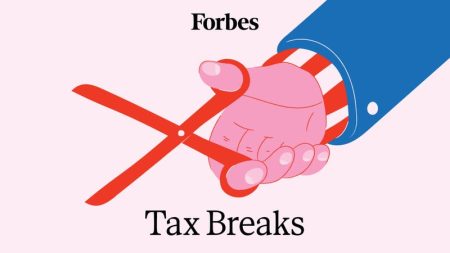Most of the financial advice in circulation sounds the same.
- Spend less than you earn;
- Establish a budget;
- Save or Invest for the future;
- Pay yourself first;
- Etc.
With the recent acknowledgment of research done by financial psychologists and financial therapy methods, there is greater acceptance around the fact most money behaviors are not solely an issue of arithmetic but a gumbo of emotions, internalized beliefs, responses to historical and present-day exclusion, and more. However, there is still a tendency to ridicule the poor in content that proclaims that not only is it the math, but also the mindset that matters in improving your financial circumstances–specifically the overcoming of a scarcity mindset.
Just as the spend less than you earn equations makes sense on paper, the idea that viewing the world through the lens of abundance rather than scarcity sounds good in theory, but doesn’t exactly feel good to someone whose scarcity mindset is manufactured by the wealthy class they aspire to one day join.
How Much Is Enough?
The process of wealth accumulation is perfectly demonstrated in the classic game of Monopoly. While celebrated as a blueprint for financial freedom, there are undercurrents of financial domination and superiority that reinforce the idea of scarcity. A clear winner is indicated once all properties are owned and all other players are forced into bankruptcy. Of course, wealth building in real life isn’t a linear equation, but similar to the game Monopoly, those with less financial resources can only find a safe haven in the gray areas of chance, reliance on community subsidies, low-cost properties they may own, or jail. That’s assuming that everyone starts the game with equal access to resources and opportunities.
In real life, many are thrust into a game that’s been going on for generations where their sole objective is to either maintain the advantage they’ve been given by putting as much distance between themselves and the less fortunate or fighting to climb into some position of equality. From this perspective, the rich may not experience scarcity by way of their access to resources but may still struggle with the very scarcity mindset the poor are often accused of due to manufactured scarcity, operating in survival, and generational financial traumas.
Real-world examples of this happen every day as large corporations swallow smaller ones, as single-family homes are purchased by commercial companies, and even as the mega billionaires like Bill Gates amass land. While conspiracy theories around the intent of such actions are circulated and debunked, the perception that for someone to have, someone else can’t have is perpetuated during Amazon Prime Day and Black Friday sales every year. Scarcity wielded as a weapon widens the gap between the haves and the have-nots as consumers rush to catch the sales while deepening the pockets of billionaires.
Financial Hoarding
Some views of financial hoarding point to previously observed or experienced financial trauma. It “takes a positive behavior like saving to an unhealthy extreme,” Canale, A., & Klontz, B. (2013). First generation high-income earners may resort to financial hoarding due to painful financial experiences in childhood and young adulthood. The persistent dread of reliving those experiences can be a motivator to stockpile cash or aggressively save a portion of their income and take conventional financial advice to an extreme disguised as good money practices.
Financial hoarding can be viewed as more than just a response to trauma–it can simply be a symptom of greed or privilege.
Wealth is as much about status as it is about the numbers in a bank account.
Maintaining a level of status that separates you from the next person can be a motivator to not only maintain the gap but to widen it. On the intersecting lines of wealth and race, this shines a light on the racial wealth gap, the racial wage gap, and the significance of equitable and inclusive initiatives around financial education and career development.
Wealth Equality
Marginalized communities can overcome physical scarcity through education and high-paying careers. Still, they may look for clues as to how the elite and upper classes navigate their wealth outside of their communities. The benchmark for success then becomes an external motivator as a demonstration of wealth more than commanding wealth based on intrinsic needs. The pursuit of wealth and its demonstration can quickly shift from covering basic and luxury wants or needs to demands for recognition of status both within their communities and outside of it. For the Black community specifically, the pursuit of wealth represents safety not just from the perspective of material goods like food, clothing, and shelter, but also as an attempted buffer between racism and class status. To that end, wealth building may look like a fight for superiority within Black communities and other communities of color, and a fight to be viewed and treated as equals by White people regardless of class status.
The Scarcity Spectrum
It’s interesting to note how scarcity manifests itself on both ends of the wealth spectrum and can be influenced by different motivating factors. While the idea that mindset shifts coupled with education and techniques around foundational money management offers promise in the acknowledgment of factors that exist outside of a purely educational lens, it can be dangerous to express the barrier to wealth building as being purely an issue of mindset shifts without inspecting, informing, and highlighting the motivations behind said shift to begin with. This is why the work of financial therapists and financial counselors is so crucial to the team of financial professionals one pursues. Helping clients to set goals that are aligned with their values eliminates the need for them to set goals based on what others have done or are doing especially without an understanding of the intrinsic motivators present to achieve those goals.
Read the full article here









